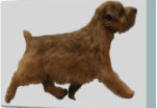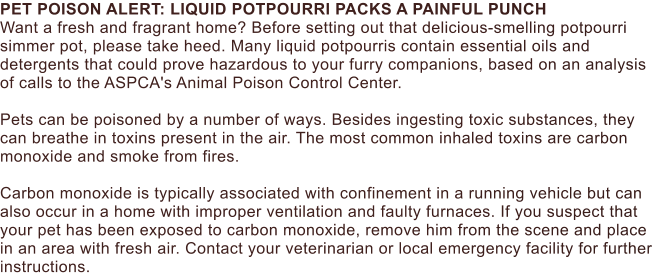

- Behavior
- Honor Roll
- Living With Norfolk Terriers
- Fun With Your Norfolk
- Tip Of The Week
- Publications
- Therapy and Service Dogs
- Health & Nutrition
- Competition


- Books
- Clubs
- Collectibles, Gifts & Fun Activities
- Companion Animal Recovery
- Dog Show Superintendents
- Genetics
- Health Related Sites
- Canine Health Links
- Vaccination Protocols
- Animal Health Trust
- Online Mendelian Inheritance In Animals
- Univ. Of Cambridge Vet. School
- Canine Inherited Disorders Database
- All Creatures Veterinary Hospital
- A First Aid Kit
- Veterinary Pet Insurance
- AKC Pet Health Plan
- Cornell Univ. College of Vet. Medicine
- More Health Related Sites
- Independent Sites
- Pet Travel
- Training Your Puppy
- Publications


- Breeding Tips
- Breeding Tips Page One
- Breeding Tips Page Two
- Breeding Tips Page Three
- Breeding Tips Page Four
- Breeding Tips Page Five
- Breeding Tips Page Six
- Virus &The Pregnant Bitch
- Dog Neutering Video
- Vaccinations & The Pregnant Bitch
- Incontinence In The Pregnant Bitch
- Flagyl & The Pregnant Bitch
- Canine Reproduction
- Frozen vs Chilled Semen
- Modern Breeding Management
- Dialogue On Rasberry Leaves
- Monitoring Pregnancy
- Uses For Vaginal Cultures
- OFA & The Pregnant Bitch
- Breeding Tips Page Seven
- Breeding Tips Page Eight
- Breeding Tips Page Nine
- Breeding Tips Page Ten
- Breeding Tips Page Eleven
- Breeding Tips Page Twelve
- Breeding Tips Page Thirteen
- Breeding Tips Page Fourteen
- Genetics And Inheritance
- Rescue








































